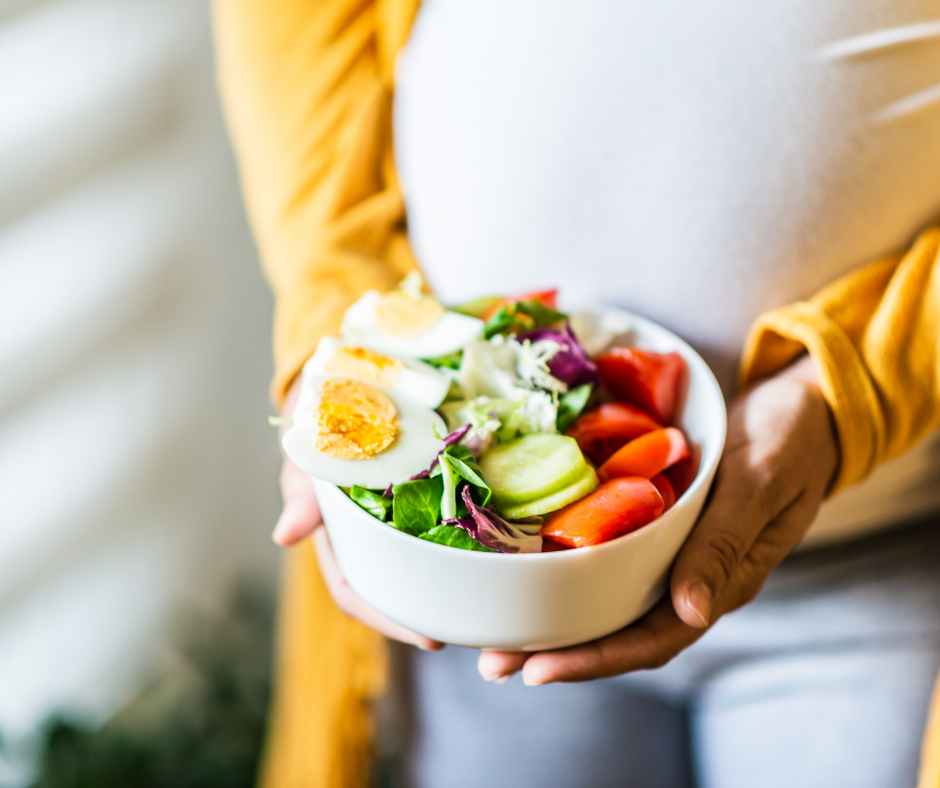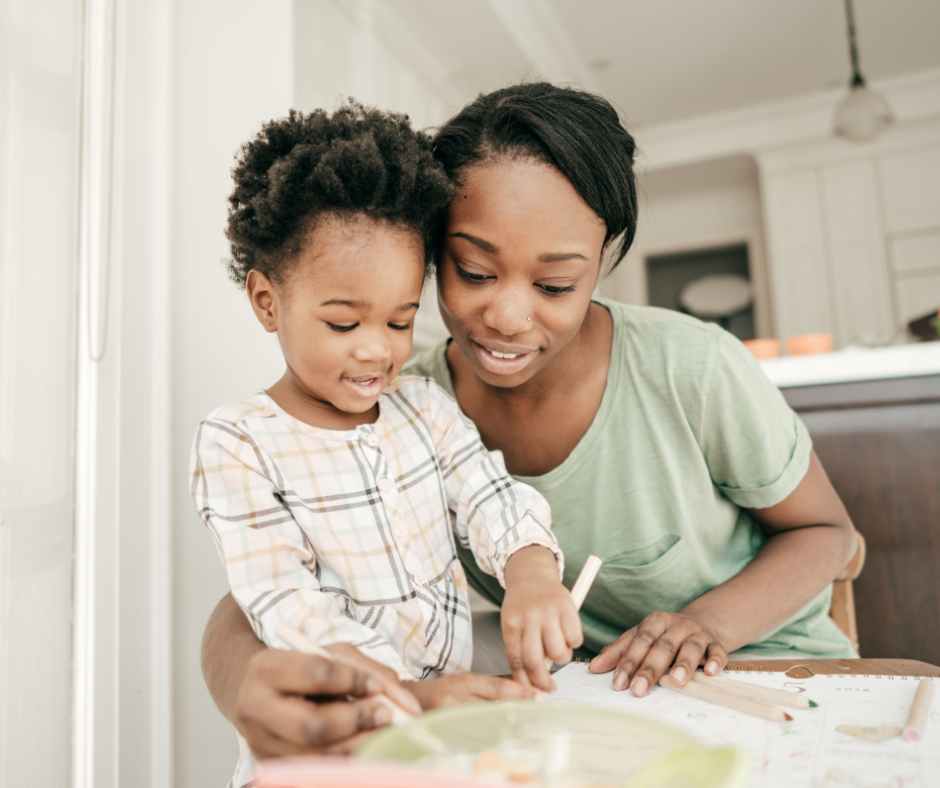Parenting with Patience is one of the most rewarding jobs—and also one of the most challenging. When stress is high and patience runs low, it's easy to react with frustration. But responding with calm and intention is key to raising emotionally resilient children. This post explores simple strategies to help you respond instead of react, …
Parenting with Patience is one of the most rewarding jobs—and also one of the most challenging. When stress is high and patience runs low, it’s easy to react with frustration. But responding with calm and intention is key to raising emotionally resilient children. This post explores simple strategies to help you respond instead of react, even in the toughest parenting moments.
Why Reactivity Happens
Reactions are automatic. When your child spills juice for the third time or throws a tantrum in public, your brain goes into fight-or-flight mode. But while reactivity may be natural, it often escalates the situation rather than solves it.
What helps? Awareness, tools, and practice. Responding with patience is a skill you can build over time.
1. Pause Before You Speak in Parenting with Patience
Take a deep breath. Count to five. Walk into the next room if needed. Creating just a few seconds of space gives your brain time to shift from reaction to reflection.
Try this mantra: “Pause, then parent.”
2. Identify Your Triggers
What sets you off most often—mess? whining? running late? Noticing your personal triggers helps you prepare better responses in advance.
Tip: Keep a journal of situations where you feel most reactive. Awareness is the first step toward change.
3. Use “I Feel” Language in Parenting with Patience
Instead of “You’re being bad,” try “I feel frustrated when…” This shifts the focus from blame to connection and models healthy emotional expression.
4. Stay on Their Level (Literally)
Lower yourself to your child’s eye level when addressing misbehavior. This feels less threatening to them and helps maintain calm communication.
5. Model the Behavior You Want in Parenting with Patience
If you want your child to be calm, kind, and respectful—show them what that looks like in your actions, not just your words.
Kids learn more from what we do than what we say.
6. Give Yourself Grace
You’re human. You will mess up. Apologizing when you lose your temper shows your child that making mistakes—and making amends—is okay.
Final Thoughts
Patience doesn’t mean never getting upset. It means choosing how you show up in those moments. With mindfulness, preparation, and compassion for yourself, you can parent with more intention and less reactivity.





